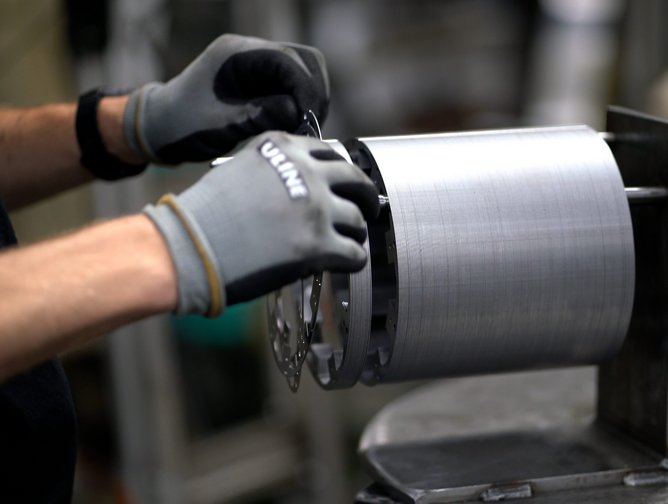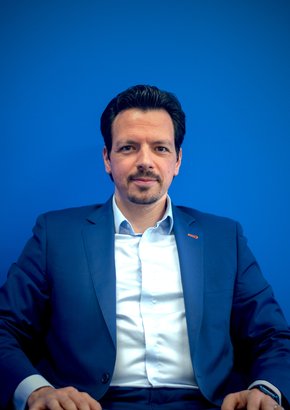
Joe Madda
Chief Information Officer of UPG Enterprises

UPG Enterprises provides shared services across a series of companies which it owns, primarily in the steel service centre and logistics industries. The company also provides technology enablement - from IT to HR, and finance to marketing - while looking for areas where it can introduce new, more mature processes, to help the businesses it owns run more successfully.
Joe Madda is the CIO of UPG Enterprises and has been with the company for two years. In his role, he oversees the IT teams, which are made up of a help desk and infrastructure team, a digital marketing team, an enterprise services team, and a data services team.
How automation can build more efficient teams
UPG Enterprises’ cloud migration has been an interesting journey, according to Madda.
“We've grown the business and, as we acquire new ones, some of them have varying degrees of maturity in their own processes and their own technology,” explains Madda.
As a result, the company spent time ascertaining where there was an area for improvement, and then devising a strategy to create a more stable and scalable infrastructure. This allows them to introduce newer technologies at a quicker pace as well as establish a standard operating procedure.
“We have 27 locations and each of those has introduced its own unique set of challenges that we inherited, and not all these facilities are the best environment for hosting technology. These are steel service centre facilities, which don't always have the cleanest, most stable environment.”
Madda got to work identifying mission critical systems. Data was shifted into data centres or into cloud facilities.
“Part of the cloud migration strategy has just been around consolidation,” Madda adds.
“We find where there's a tonne of fragmentation within our business and, where we can, we keep it simple.”
Automation processes play a huge role at UPG Enterprise. “Due to the fact that UPG is spread out among 14 businesses and 27 locations, main areas of focus for automation are IT processes and data capture and management.
“One of the things that we've really focused on is the automation of pulling all this data together into a centralised location, where we can aggregate this data and make it visible,” says Madda.
UPG Enterprises creates a level of visibility for the business which it didn't have, even on an individual level. However, now through automation, data can be pulled from each of these systems, cleaned, aggregated and reported to each of the businesses in whatever format they need.
“As a holding company of many different businesses, UPG needs to have visibility into all of them,” says Madda. “On the IT front, we have made tremendous strides to try to pull in and use the systems that we have today, like our HR system.”
To ensure that people can communicate appropriately and as needed is important a difference. However, on the IT and data sides, there’s been a heavy focus on automation, removing fragmentation and then creating more cohesion across the business.
Since UPG manages numerous manufacturing businesses, there is a lot of opportunity for automation, especially in operations.
“The adoption of robotics, system consolidation and creating better visibility can help us make better decisions with real-time data,” says Madda. “But the adoption of hardware that we think will help make us more efficient, it's not the sort of thing you can do overnight. But our people, in the end, are our greatest assets.”
For Madda, it's not about cost-cutting. It's about creating an efficient way of working so that the teams can run faster. Automating repetitive tasks, especially in manufacturing, will achieve this.
Read the full story HERE.


Featured Interviews
We’ve built some unique features into our insurance program specifically because we’ve listened to courier partners in every country






